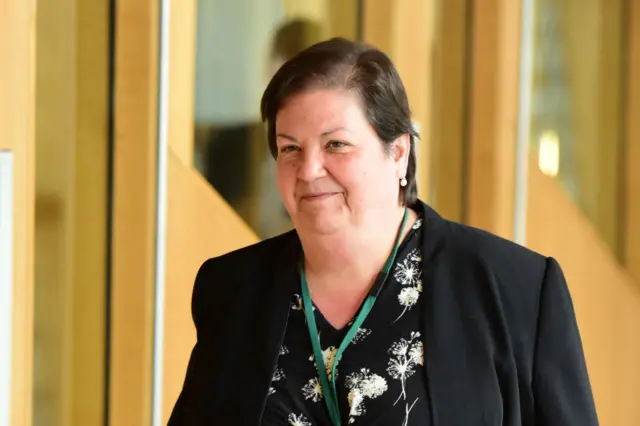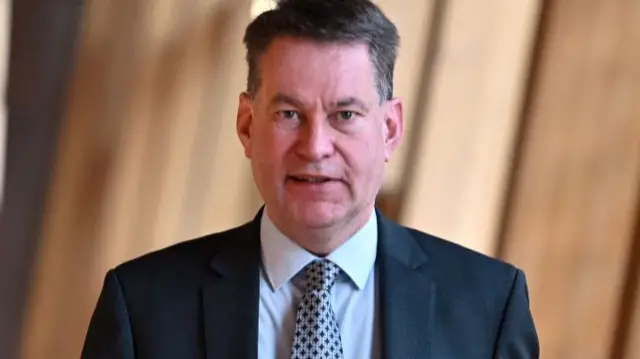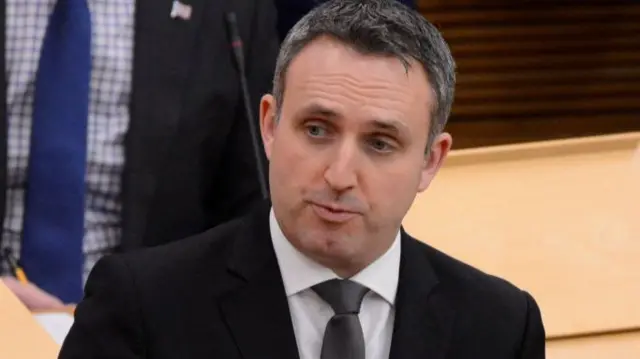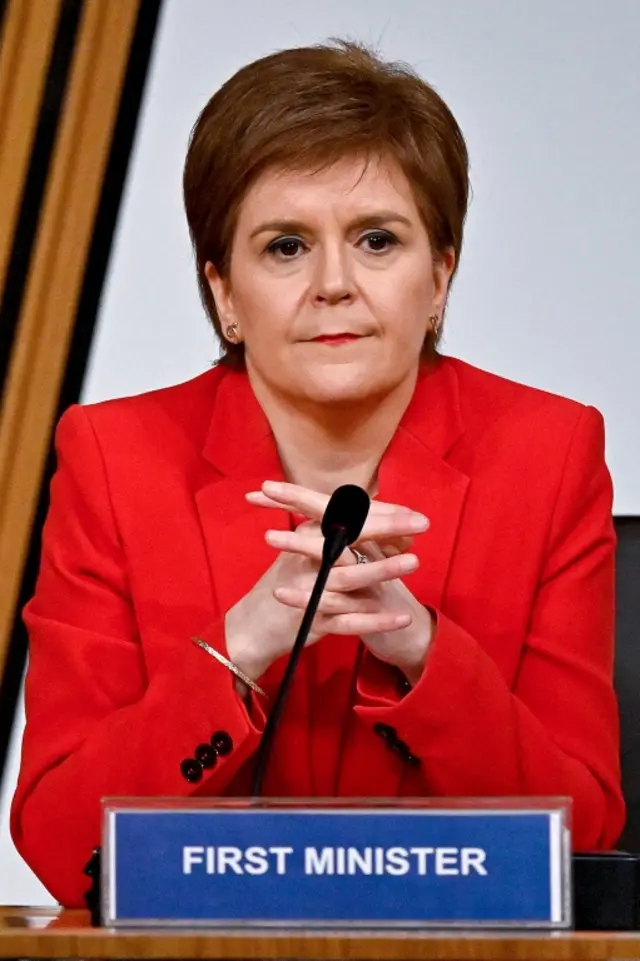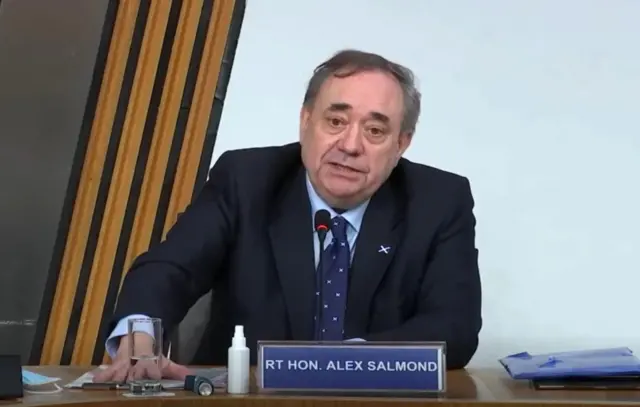Nicola Sturgeon's evidence: The main pointspublished at 18:06 GMT 3 March 2021
That concludes eight hours of coverage of Nicola Sturgeon's evidence to the Holyrood committee:
- Nicola Sturgeon apologises to two women who made sexual harassment allegations, and to the wider public for failings of her government.
- She rejects suggestions she broke the ministerial code. The first minister says she acted properly, did not mislead parliament, and followed legal advice.
- Allegations of a conspiracy against Alex Salmond are “absurd”, according to the first minister. She says she "would never have wanted to get Alex Salmond" and maintains that messages between leading SNP figures - including her husband Peter Murrell - were not evidence of a plot.
- The first minister stresses that Mr Salmond was cleared in court, but says his behaviour was “shocking” and “not always appropriate”. She accuses the former first minister of “lashing out” and says feels personally let down by him.
- The first minister says she followed the advice of law officers but that lawyers are owed an apology after a “catastrophic error” over documents led to the loss of the civil case. She defends herself against charges of being "disrespectful" by failing to produce all the legal advice documents demanded by the committee.
- She denies her government leaked sensitive details of the women who complained, both to Mr Salmond's aides and to the Daily Record newspaper.
- The first minster says she initially forgot about a key meeting with one of Alex Salmond’s aides – and that Mr Salmond’s comments during a meeting at her home on 2 April “obliterated” what came before
- The first minister denies talking to her husband Peter Murrell – the SNP’s chief executive – about the allegations, even though she thought Mr Salmond might resign from the SNP. She says Mr Murrell may have mistakenly assumed the meeting was on government, not party, business.
- The first minister is not drawn on resignation but says she will follow the “spirit and letter” of the ministerial code and that the office of first minister is bigger and more important than any individual.



